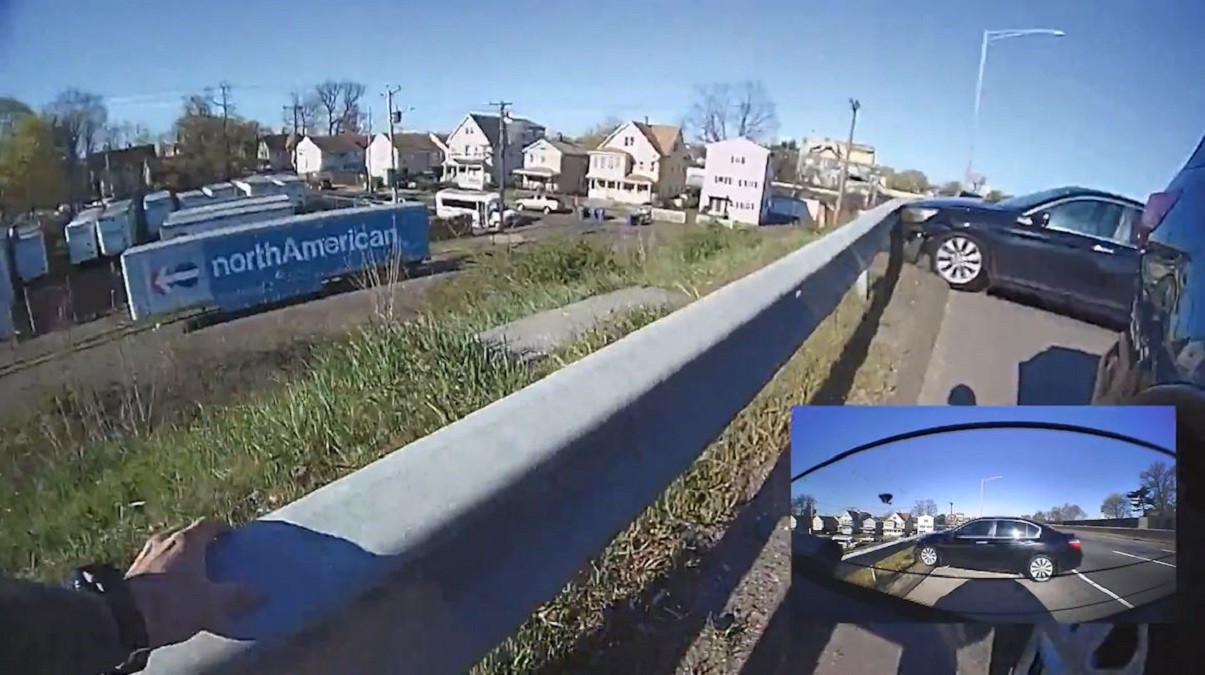With the pandemic, the last two years have been difficult, but something positive has also happened during that time span. Today, there are fewer kids in foster care in Connecticut.
The Department of Children and Families does not want kids in care, according to Commissioner Vanessa Dorantes. The ideal situation is that children are reunited with their families.
Since 2019, those reunions happened for 900 children statewide. There are 19% fewer kids in foster care than two years ago.
"When we look back in history, we will say what happened during 2020 or 2021?” Commissioner Dorantes said. “Families across the board have endured tremendous hardship, loss sickness, but then there's also the resilience."
Get Connecticut local news, weather forecasts and entertainment stories to your inbox. Sign up for NBC Connecticut newsletters.
Dorantes was named DCF commissioner at the beginning of the Lamont administration in January 2019.
At that time there were more than 4,300 children in foster care statewide. Today that number has dropped to 3,467.
"What we've seen in our ability to reunify, people coming together and showing up for the sake of kids and families,” Dorantes said.
Local
Showing up means extended families getting involved. Of the children in care, 43% are in the home of a relative.
Dorantes says kinship care is a big factor for families of color, who have disproportionately felt the effects of the past two years.
"We've talked about what has been an imperfect storm of COVID-19, racial unrest and economic devastation for some families,” she said. “When I hear the disproportionate impact on children and families of color, I'm also encouraged because of those extended family networks that we know can lean in and support."
DCF is also showing up, she says, to meet their needs.
"We've paid a specific emphasis on becoming an anti-racist agency, and recognizing that diversity and race and ethnicity matter and our interactions with communities,” Dorantes said.
Several practices have led to the trend of kids leaving care, the commissioner says, like bringing children back from out of state. A decade ago, hundreds of children were placed in different states, but now there are only six.
DCF is also ramping up support programs.
"We've doubled down on our fatherhood work," Dorantes said. "We've placed a considerable emphasis on kind of looking at the whole family, and recognizing if a parent needs support to be able to safely parent their child, we can be there to do that."
They are programs that the commissioner says will stay in place going forward.
"If we can do things like helping with food insecurity, helping with housing, partnering with other state agencies across health and human services, to make sure that families have what they need, we can kind of look at our work differently," Dorantes said.
All the efforts are aimed at keeping up the momentum, and resulting in more reunions.
"We are evolving with the needs of society, and the pandemic sure has exposed significant needs for families," Dorantes said.
The Commissioner also notes another positive trend: DCF is not seeing large numbers of children returning to foster care.
"You don't want that revolving door, you don't want a child to be reunified only to come back in," Dorantes said. "We haven't seen a huge swing of children coming back into care."



